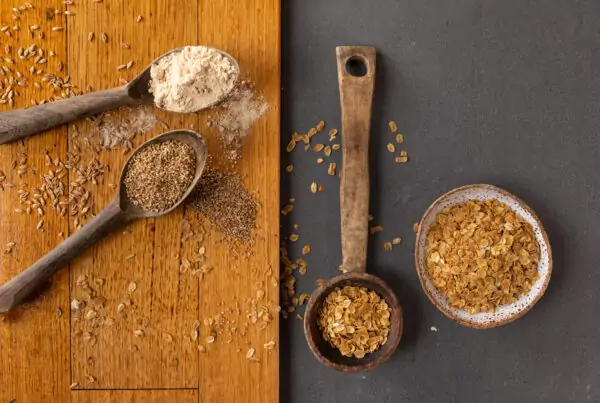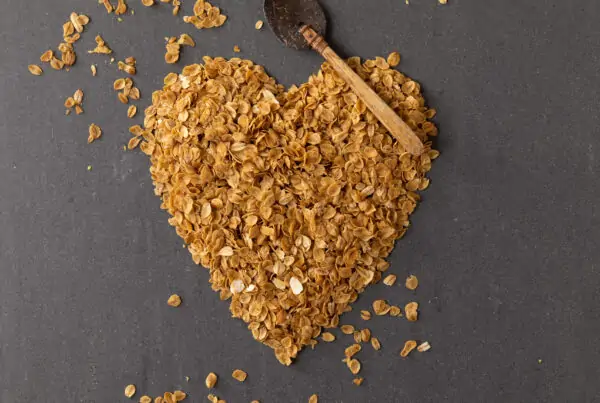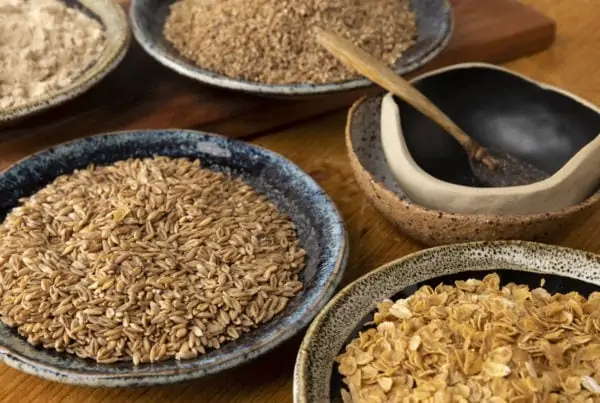If there’s one thing we can all agree on about kombucha, it’s that it has well and truly exploded in popularity over the last few years. From supermarket shelves, cafes and even bars offering kombucha cocktails – it has leapt from the fridges of health food store into a position front and centre in our daily lives. But with all its talk of functional benefits – is kombucha really all it’s cracked up to be?
What is kombucha?
Kombucha is a sweetened, fermented tea, thought to have originated in China or Japan. Usually made from either black or green tea and sugar, it contains a specific type of culture known as a SCOBY (Symbiotic Culture of Bacteria and Yeasts). That’s quite the mouthful! The bacteria in the SCOBY essentially uses the sugar in the tea as a food source, fermenting it. This fermentation process converts the sugar into acetic acid – which is what gives kombucha it’s fizzy sensation and distinctive taste. The longer the bacteria has to ferment the sugar, the fizzier it will be.
What are the benefits?
Kombucha has been heralded as somewhat a superfood to cure all ails – from preventing premature ageing to reducing your risk of cancer. But, really, what benefits can it offer?
Probiotics to support good gut health:
Kombucha is a rich source of probiotics – the good bacteria that live in the gut. These probiotics are produced as part of the fermentation process that is required to make kombucha. There are many health benefits that are associated with probiotics, including weight loss, immunity and digestion. Probiotics are not only found in kombucha – they are also found in other fermented foods such as kefirs, tempeh, sauerkraut and yoghurt. However, it’s important to remember that probiotics are only one element of the gut health equation, with prebiotics, such as those found in BARLEYmax®™, being the essential food source for the probiotic (or good bacteria) in the gut.
Antioxidants for anti-ageing:
As with most teas, kombucha is a rich source of antioxidants (specifically, polyphenols). These antioxidants can help support healthy cell function by neutralizing free radicals. Free radicals are compounds produced by the body, and are also ingested though external sources – think UV light, cigarette smoke and pollutants. If left unchecked by antioxidants, free radicals can damage DNA in our body’s cells. Whilst kombucha is a source of antioxidants, they can be found in may other sources, including wholegrains. If you’re drinking it for it’s antioxidant advantages, you should probably consider other sources too.
Preventing cancer, heart disease and diabetes, immunity, liver health…the list goes on!
There have been many different claims that the consumption of kombucha can reduce your risk of serious health concerns such as cancer, heart disease and diabetes – it’s even been claimed to improve immunity. However, none of these claims have been validated in human clinical trials so at this stage, should be taken with a grain of salt.
The bottom line
If you enjoy drinking kombucha – then go for it! Sure, when it comes to hydration, nothing will ever beat water – but a little fizz in your life can be fun, and it’s certainly a better choice than soft drinks or alcohol. But if you’re drinking kombucha for it’s health benefits, you’ll get more bang for your buck from fruits, vegetables and wholegrains.
Intended as general advice only. Consult your health care professional to discuss any specific concerns.






